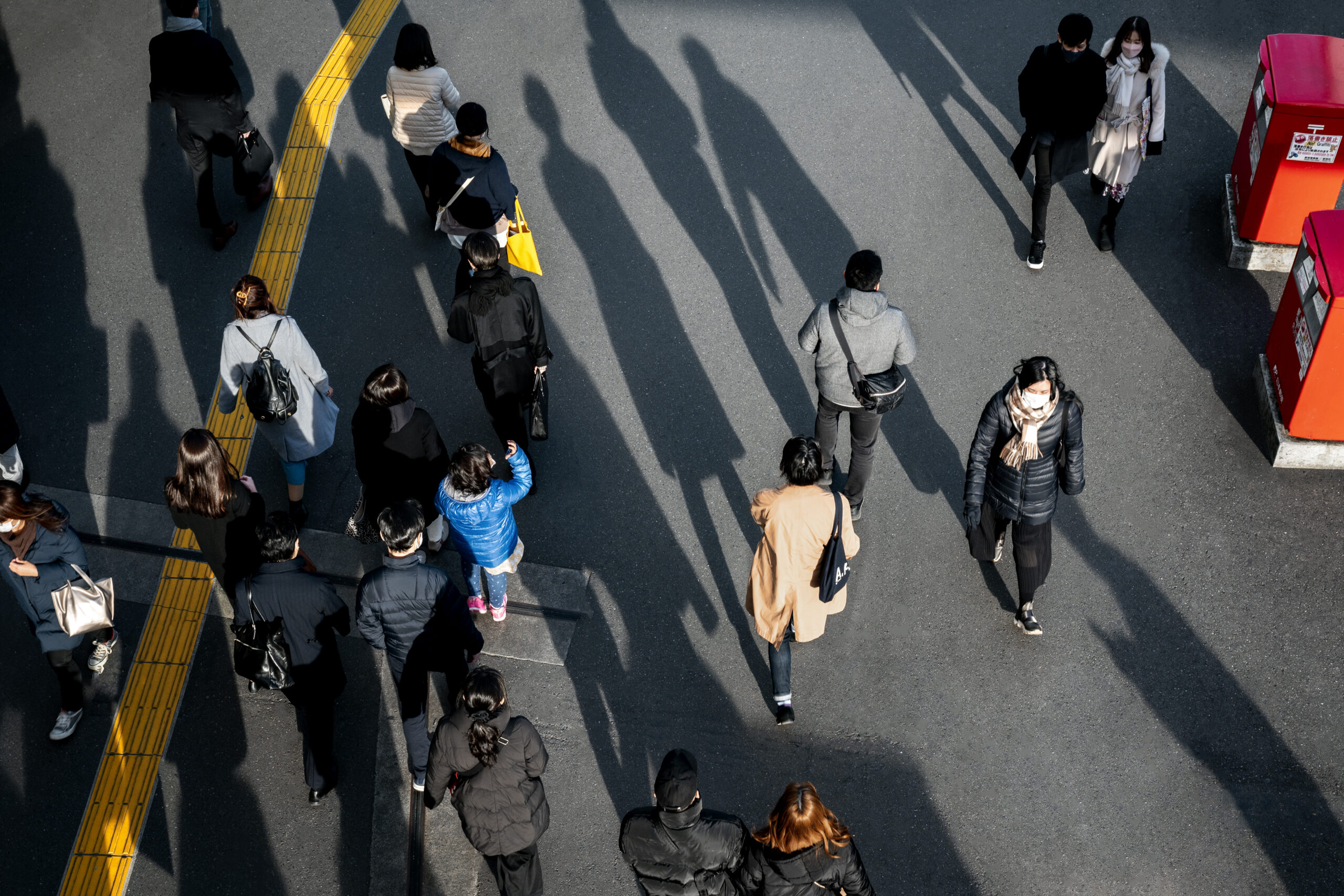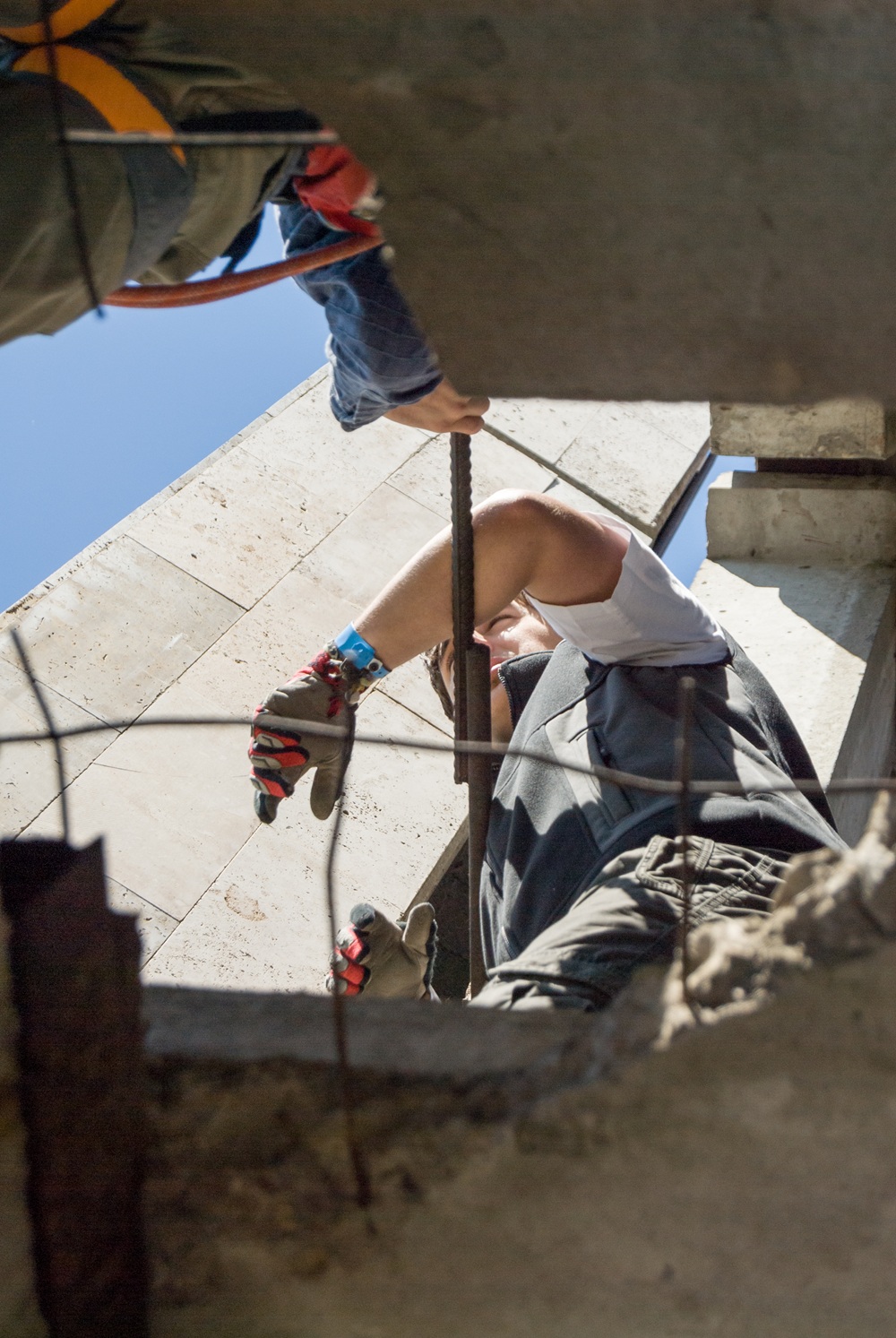Vulnerability and Risk Factors for Human Trafficking Among Ukrainian Refugees in Bulgaria

Since the beginning of the war in Ukraine in 2022, more than 3.2 million Ukrainian nationals have passed through Bulgaria. As of September 2024, approximately 68,000 are residing in the country permanently. Despite the efforts of institutions, civil society actors and volunteer networks, a significant number of these people remain in vulnerable situations, facing serious risks of exploitation and human trafficking.
In 2024, the Dignita Foundation conducted a study focused on the risk factors for trafficking among Ukrainian refugees in Bulgaria. Through interviews with institutional representatives, humanitarian workers, experts, and members of the Ukrainian community, and a review of the regulatory and institutional framework, our team set out to identify what is working, what is missing, and where the urgent needs lie. The report finds that despite a timely response at the onset of the crisis, numerous systemic gaps remain unresolved. As a result, many Ukrainian refugees continue to be at risk of labor, sexual, and other forms of exploitation.
Why We Conducted This Study
According to IOM and UNHCR data, over 6.1 million Ukrainians are currently displaced across Europe. Bulgaria is not among the main destinations, yet between February 2022 and September 2024, over 3.2 million people passed through the country, and many have stayed. Over time, what initially looked like transit migration has transformed into a search for long-term security. The reasons vary – from cultural and linguistic proximity to more flexible regulations and the presence of established Ukrainian communities.
The report highlights that hopes for a quick end to the conflict have not materialized. More and more Ukrainians are building their lives in Bulgaria, raising pressing questions about their sustainable social and economic integration. Despite the potential benefits to the local economy and demographics, lack of access to secure income, essential services, and stable housing often forces people into even more precarious situations.
What’s New in This Report?
The study brings several critical insights into the current landscape in Bulgaria. One of the main findings is the absence of routine screening for trafficking risk during initial registration. This means that many cases of vulnerability go undetected. The research also reveals that institutional support is heavily focused on the early phase after arrival, while long-term needs remain largely unaddressed. Ukrainian-led community organizations play a vital role in reaching those in need but are rarely treated as strategic partners in response and planning.
Who Is Most at Risk?
Being a refugee is not, in itself, what makes someone vulnerable to exploitation. Risk emerges when multiple barriers accumulate – lack of stable work, safe housing, healthcare, education. Many government services are only available in remote or rural areas, which further isolates people. For single mothers, in particular, balancing caregiving responsibilities with the need to earn a living becomes nearly impossible.
Finding private housing is another major obstacle – often unaffordable and insecure. Language barriers make it difficult to interact with institutions and employers, limiting access to information. Many displaced people still perceive their stay in Bulgaria as temporary, which discourages them from seeking long-term solutions and makes them more susceptible to abuse and manipulation.
The most commonly seen refugee profile in Bulgaria is a woman traveling alone with her children. In many cases, they accept informal work or housing arrangements in exchange for basic safety, which leaves them outside labor protections and without recourse in case of exploitation. Elderly people and persons with disabilities also struggle to navigate the system and often depend on others for basic services. Unaccompanied children and youth remain especially vulnerable, lacking stable support and institutional protection.
What Can We Do Better?
Our findings show that protecting people from trafficking cannot rely on short-term efforts alone. A long-term, coordinated strategy is essential – one that includes prevention, early identification, and structural support.
We emphasize the importance of maintaining public solidarity. The initial wave of support from the Bulgarian public was remarkable, but it cannot be expected to last without active institutional engagement and targeted campaigns against xenophobia. Inclusion must become part of public policy, not just a reaction to crisis.
We also highlight the need for strong coordination among all stakeholders – state institutions, NGOs, international partners, and local communities. Fragmented efforts waste resources and leave critical gaps. Clear roles, shared strategies and joint planning are crucial for an effective response.
There is an urgent need for structured risk identification early in the process. Screening for trafficking risk must be integrated into the registration process for temporary protection. Frontline workers need training not just in administration, but in how to spot signs of vulnerability and respond appropriately.
Particular focus must be placed on those who carry the highest burden of vulnerability – single parents, older adults, persons with disabilities, and unaccompanied children. Universal support services often miss their specific needs. We need tailored responses in housing, healthcare and employment that are sensitive to their individual circumstances.
Ukrainian-led organizations already provide essential support. They operate with cultural awareness and have earned the trust of their communities, but they remain structurally unsupported. To continue doing their work effectively, they must be recognized as strategic partners and given access to funding and institutional backing.
Finally, we must move beyond temporary protection. Integration cannot be treated as an afterthought. Long-term policies must ensure access to education, training, healthcare and social services – not as emergency assistance, but as the foundation for independence and participation in society.
This research is part of the international initiative “Regional Anti-Trafficking Response in the Context of the Ukrainian Crisis,” implemented with support from the Office to Monitor and Combat Trafficking in Persons in the U.S. Department of State and the International Justice Mission (IJM).
Latest News:

New Data from Eurostat on Human Trafficking in the European Union in 2023

Vulnerability and Risk Factors for Human Trafficking Among Ukrainian Refugees in Bulgaria
